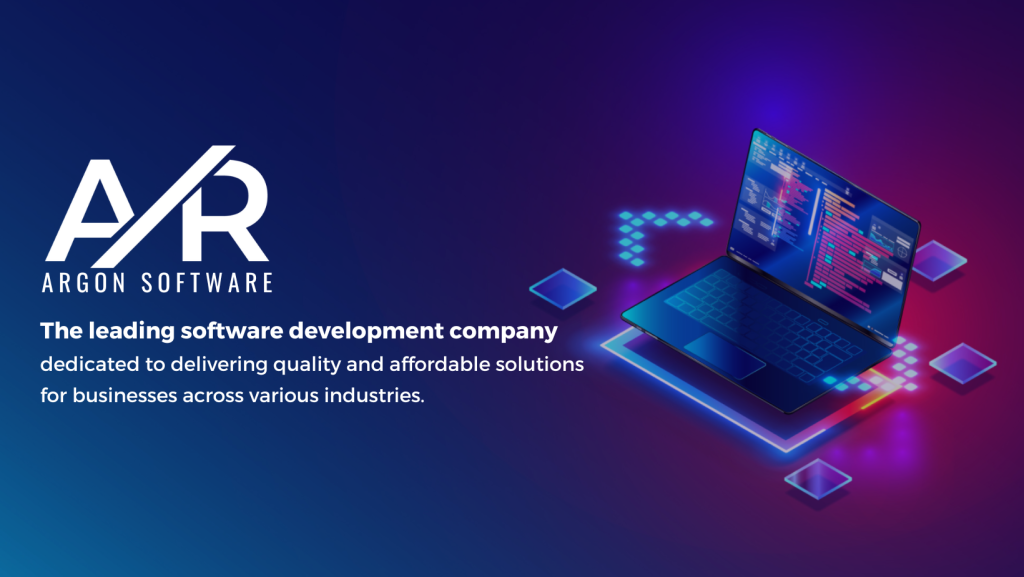
Enterprise Resource Planning (ERP) software is a popular solution that businesses can use to streamline their operations, automate processes, and improve overall productivity. While there are numerous off-the-shelf ERP solutions available in the market, they may not always cater to the unique requirements of your business. That’s where custom ERP software development comes in.
Understanding the Benefits of Custom ERP Software Development
When it comes to managing business operations and data, custom ERP software development is becoming an increasingly popular choice for businesses of all sizes. ERP stands for Enterprise Resource Planning, and it refers to the process of managing daily business operations through a single comprehensive system that can automate, streamline, and optimize processes.
Increased Efficiency and Productivity
One of the most significant benefits of custom ERP software development is increased efficiency and productivity. By automating many of the manual processes involved in daily business operations, businesses can save time, reduce errors, and focus on more high-value tasks. Custom ERP software development allows businesses to create a system that caters to their unique needs, ensuring that the software addresses specific pain points and bottlenecks that may be hindering productivity.
Better Data Management and Decision Making
Custom ERP software development enables businesses to centralize all their data, making it easier to manage and analyze. With access to real-time data, businesses can make informed decisions faster, identify areas that need improvement, and optimize their operations for better performance. Custom ERP software development allows businesses to create reports and dashboards that are specific to their organization, providing the information needed to make data-driven decisions.
Improved Communication and Collaboration
Custom ERP software development can help improve communication and collaboration across teams and departments. By having all data and processes in a single system, employees can access the information they need, share information with colleagues, and collaborate on projects more efficiently. Custom ERP software development can also help reduce communication errors and misunderstandings, leading to better collaboration and enhanced teamwork.
Identifying the Unique Requirements of Your Business
Before embarking on custom ERP software development, businesses must identify their unique requirements, pain points, and key performance metrics. This ensures that the final product meets the specific needs of the organization and provides the necessary functionality to optimize operations.
Assessing Your Business Processes
Assessing business processes involves documenting all processes and workflows involved in daily operations. This helps identify bottlenecks, redundancies, and inefficiencies that may be hindering productivity. Once documented, businesses can work with developers to create a customized ERP system that streamlines and optimizes processes.
Identifying Pain Points and Bottlenecks
Identifying pain points and bottlenecks is essential to creating a customized ERP system that addresses specific challenges. Pain points may include manual data entry errors, long lead times, or a lack of real-time information. By identifying these pain points, businesses can work with developers to create a system that addresses them.
Defining Key Performance Metrics
Defining key performance metrics is critical for measuring the success of a customized ERP system. By establishing metrics such as productivity, efficiency, and accuracy, businesses can track the impact of the system on daily operations and ensure that it is delivering the expected results.
Choosing the Right Development Team for your Custom ERP Software
Choosing the right development team is essential to the success of any custom ERP software development project. Businesses must consider various factors when assessing potential development teams.
Defining Your Selection Criteria
Businesses must define selection criteria that align with their unique requirements and goals. This may include factors such as experience, technical skills, project timelines, and budget.
Assessing Potential Development Teams
Assessing potential development teams requires an in-depth analysis of the team’s capabilities and experience. This may involve reviewing portfolios, interviewing team members, and checking references.
Choosing the Right Partner
Choosing the right development partner requires careful consideration of the team’s skills and experience, as well as their ability to deliver on time and within budget. It is essential to work with a partner that has experience with customized ERP software development and understands your specific business needs.
Customization vs. Out-of-the-Box Solutions
There are several factors businesses must consider when choosing between customization and out-of-the-box ERP solutions.
Understanding the Differences Between Custom and Out-of-the-Box Solutions
Out-of-the-box ERP solutions are pre-built systems that offer a certain level of customization and configuration. Custom ERP solutions, on the other hand, are tailored to the specific needs of a business. Custom ERP solutions offer more flexibility and control, but they require more time and resources to develop.
Assessing the Pros and Cons of Each Option
Out-of-the-box solutions are quicker to implement and require less upfront investment, but they may not meet all the unique requirements of a business. Custom ERP solutions are more costly and time-consuming to develop, but they offer greater flexibility and control over the final product.
Choosing the Right Solution for Your Business
When choosing between customization and out-of-the-box solutions, businesses must consider their unique requirements, budget, and timeline. Custom ERP solutions may be more costly and time-consuming to develop, but they offer greater flexibility and control over the final product. Out-of-the-box solutions may be a better fit for businesses with limited resources or time constraints.
Ensuring a Successful Implementation of Your Custom ERP Software
Implementing a custom ERP software solution for your business is a significant investment that can bring about substantial benefits. However, the success of the implementation depends on how you approach it. Here are some things to consider to ensure a successful implementation:
Creating a Clear Implementation Plan
To ensure a smooth and successful implementation, you need to develop a clear implementation plan. This plan should outline specific goals, timelines, and milestones and include a detailed deployment plan, including testing and training.
Training Your Employees on the New System
Employee training is a critical step to ensure the successful adoption of the new ERP system. Your employees should be familiar with the new system, understand its features and functions, and be comfortable using it. Training sessions should be interactive, hands-on, and tailored to your business’s unique processes.
Monitoring Performance and Making Adjustments
Once the ERP system is up and running, it’s essential to monitor its performance regularly. This will help identify issues that may require adjustment or optimization. Monitor key performance indicators such as efficiency, productivity, and customer satisfaction to ensure the system is performing as intended.
Maximizing ROI with Custom ERP Software
Custom ERP software development can bring about significant cost savings and operational efficiencies. Here are some tips to maximize the return on your investment:
Setting Realistic Expectations
It’s essential to set realistic expectations for the business benefits you expect to achieve with the new ERP system. Ensure that these expectations align with the system’s capabilities and account for any customization needs or integration challenges.
Measuring ROI with Key Metrics
To track the ROI of your ERP system, define clear key performance indicators (KPIs) that align with your business goals. These metrics should be measurable and tracked over time. Some common KPIs include increased efficiency, improved customer satisfaction, and reduced operational costs.
Ready to optimize your process and maximize your business potential through system solutions? Claim your complimentary consultation with Argon Software and take the first step towards business efficiency.


